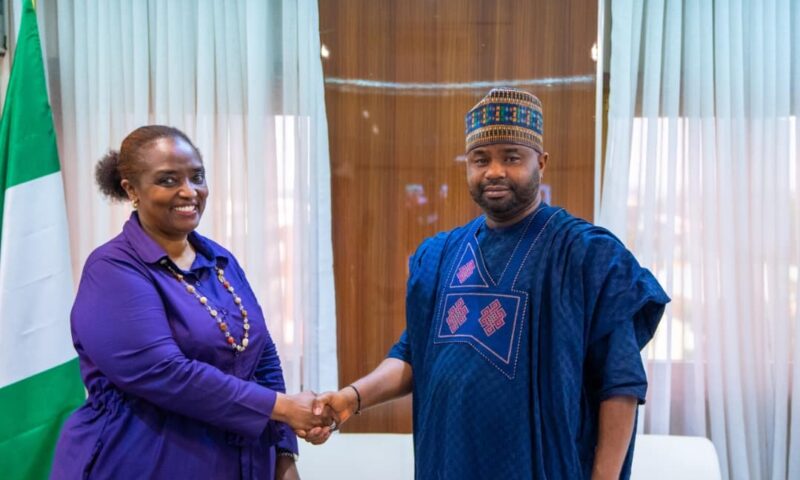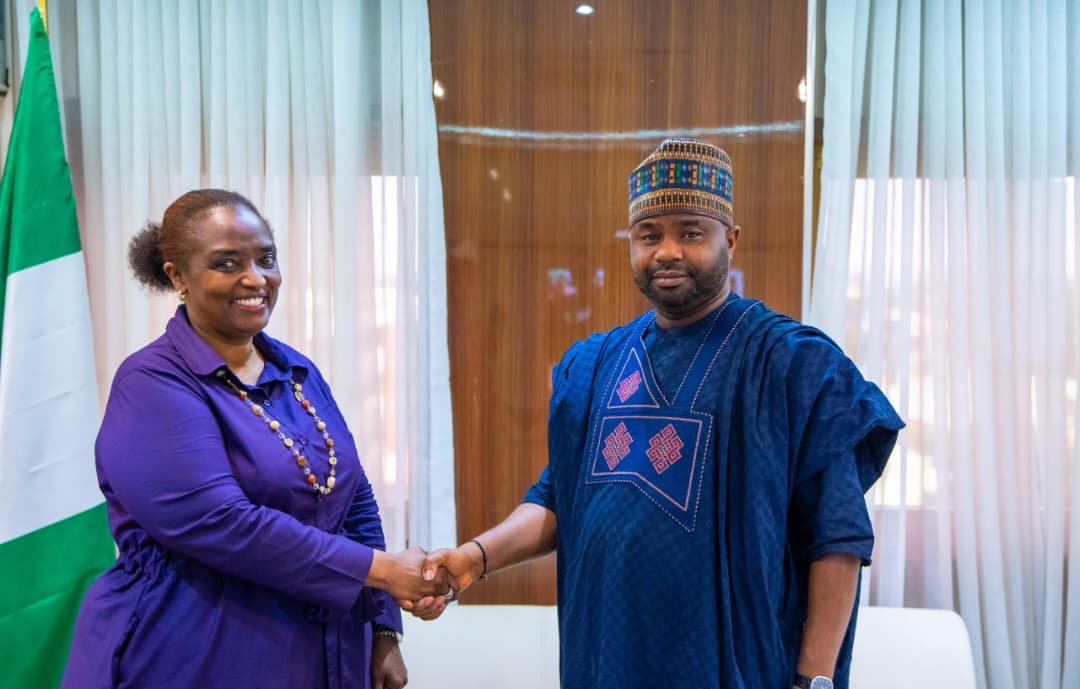SEC DG Pushes For Capital Market Integration To Unlock West Africa’s Growth
The Director-General of the Securities and Exchange Commission (SEC), Dr. Emomotimi Agama, has urged West African countries to accelerate the integration of their capital markets, describing it as the only way to mobilise the scale of investment needed to drive the region’s development.
Speaking at the Experts Meeting on Validation of the WASRA Charter and Recognition of WASRA as the Regulatory Body for Cross-Border Securities Market in ECOWAS, held Thursday in Abuja, Agama who is also the WASRA Chairman, said the initiative represents “a watershed moment” in the region’s financial history.
According to him, West Africa faces urgent developmental challenges ranging from infrastructure deficits and climate adaptation to digital transformation and job creation.
He said: “To meet these challenges, we require capital at scale, and the truth is simple: no single national market can provide it alone. An integrated regional capital market is no longer a luxury; it is a necessity”.
The SEC boss lamented the slow pace of regional integration, warning that “each year of delay is a lost opportunity to mobilise resources for critical projects that can transform our economies.”
He pointed to Africa’s annual infrastructure financing gap of over $100 billion, stressing that West Africa alone requires tens of billions of dollars to modernise transport corridors, upgrade energy systems, and build resilient digital infrastructure.
“Without integrated markets that pool liquidity and broaden investor participation, our governments and private sector will remain constrained, relying on limited fiscal space and expensive borrowing,” Agama said.
Drawing lessons from global models, he noted that the European Union and ASEAN achieved significant economic transformation by harmonising rules, fostering investor confidence, and facilitating seamless cross-border funding.
“The creation of a single market enabled European firms to access funding seamlessly across borders, boosting innovation and competitiveness. Closer to home, ASEAN coordinated standards and deepened financial cooperation, strengthening its resilience as a regional bloc.”
He emphasised that West Africa, with its population of more than 400 million and a combined GDP of about $800 billion, has even greater potential, cautioning that “potential means little without decisive action,” he cautioned.
Agama outlined how integration would bring benefits beyond infrastructure, noting that “In agriculture, integrated markets can mobilise capital for value-chain development, agro-processing, and food security, which are critical priorities for our region”.
He added: “In the digital economy, regional capital can support innovation hubs, fintech scale-ups, and broadband expansion, ensuring that West Africa fully participates in the fourth industrial revolution.”
He further stressed that cross-border pools of capital, backed by harmonised regulation, could deliver “transformative impact” across multiple sectors, including youth empowerment and job creation.
Presenting the objectives of the West Africa Securities Regulators Association (WASRA), Agama said the body was established with a clear mandate to anchor market integration.
“First, to contribute to the establishment of appropriate mechanisms for the regulation of capital markets; ensuring their proper functioning and the protection of investors. This speaks directly to the heart of investor confidence, without which no market can thrive,” he said.
He added that WASRA would foster integration through joint programmes and common projects, promote mutual assistance across the region, and set common standards for effective regulation. “Integration is not only about policy declarations; it is about practical collaboration and shared initiatives that deliver results for our markets and our people,” he stressed.
Agama called on policymakers, especially finance ministers within ECOWAS, to champion the WASRA initiative, stating that “The political will of our leaders is the single most important factor in moving from aspiration to reality”.
“WASRA stands ready, in partnership with ECOWAS, WACMIC, and WAMI, to provide the technical leadership required.”
Also speaking at the meeting, the Minister of Finance and Coordinating Minister of the Economy, Mr Wale Edun noted that the gathering marked a significant step in the collective “journey toward a harmonized regulatory framework, one that reflects the shared aspirations of ECOWAS member states to deepen capital market integration, enhance cross-border investments, and promote financial stability.”
Edun, represented by
Mr. Hassan Adamu Jibrin Principal Economist Federal Ministry Of Finance, pointed out that validation of the draft WASRA Charter is not merely a procedural formality, but a critical foundation for institutional coherence, regulatory cooperation, and sustainable market development across our sub-region.
On his part while speaking on behalf of ECOWAS Commission, Mr. Peter Oluonye Acting Director Private Sector
noted that for capital markets integration to gain traction in ECOWAS, there need to be need concerted efforts of all stakeholders at harmonizing rules, practices and regulations, to the standards acceptable to all jurisdictions.
“We are well aware that our member states depend much on external capital flows and direct investment to sustain and deliver on economic development programmes of our governments. The region is in dire need to develop critical economic infrastructure projects, requiring huge capital investment and facilitate gross capital formation. The capital market is a major vehicle that should support this aspiration
“The need to drive our capital markets integration initiative to break down barriers to movement of capital within the region by ensuring a harmonized regulatory space, common market information platforms, interlinked trading systems, cross-border trade and payments settlement, harmonized accounting standards and internationally acceptable governance standards and institutions cannot be over-emphasized at this juncture in our economic integration initiatives”, he added.






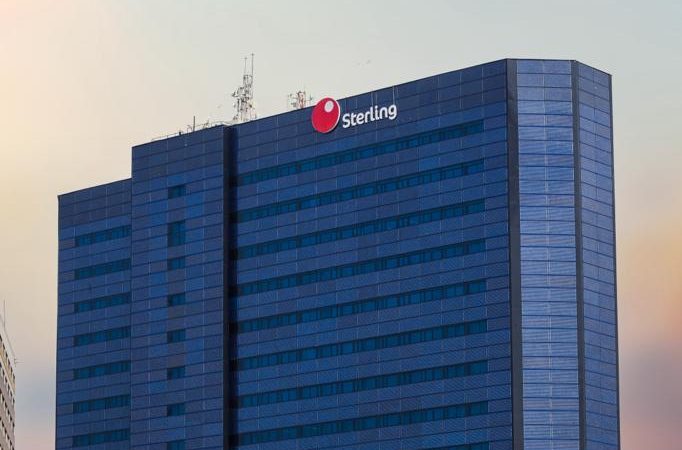

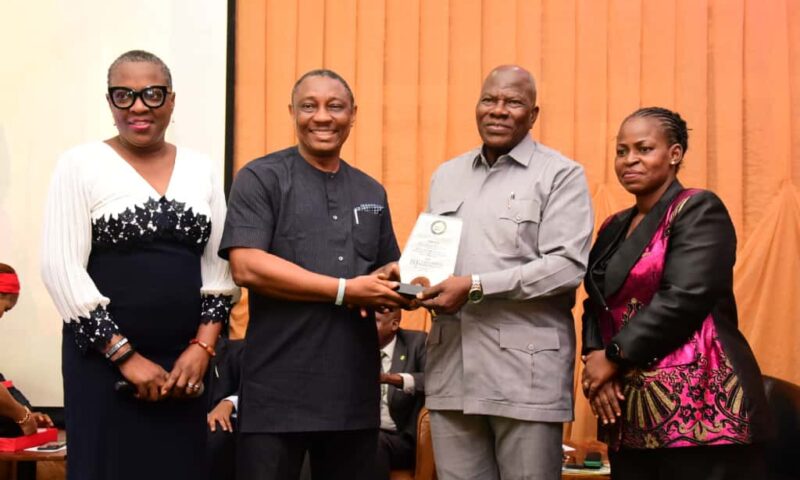
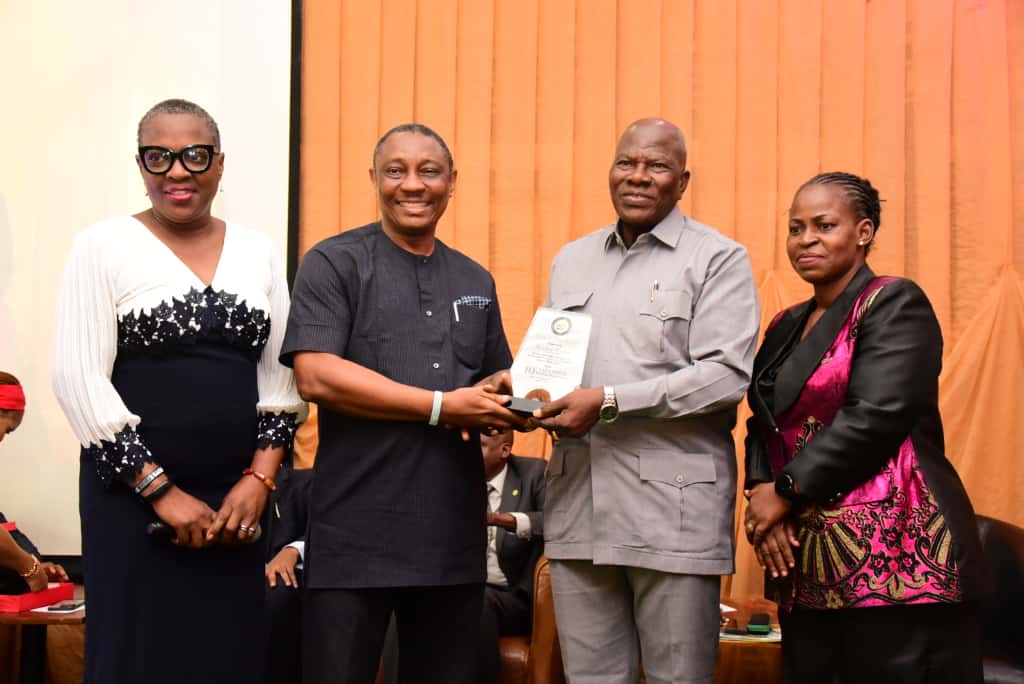

 Few issues stir as much passion as pensions. After all, retirement is not some distant concept, it is the very moment when decades of work are meant to translate into dignity, stability, and peace of mind.
Few issues stir as much passion as pensions. After all, retirement is not some distant concept, it is the very moment when decades of work are meant to translate into dignity, stability, and peace of mind.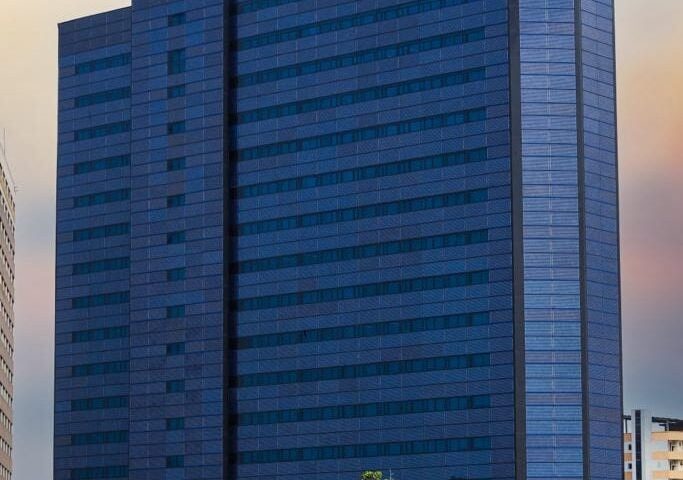
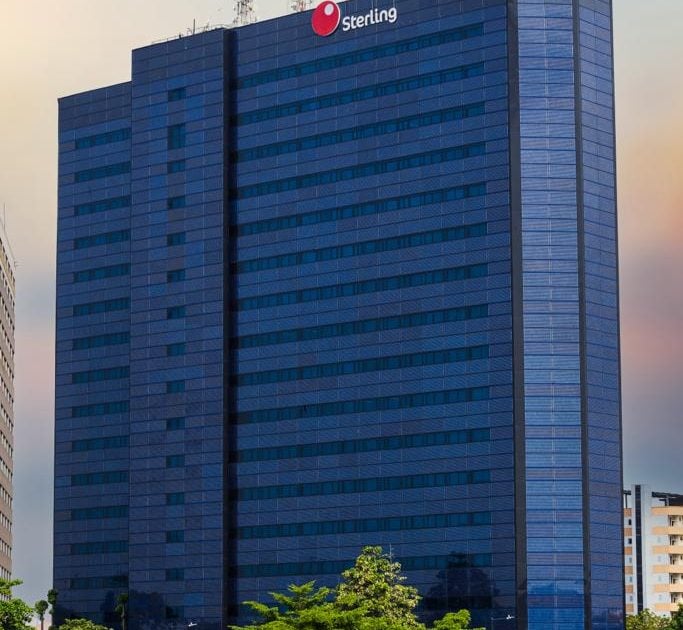 Sterling Financial Holdings Company Plc. (‘Sterling Holdco’), the parent company of The Alternative Bank, Sterling Bank, SterlingFI, and a number of other novel business solutions, has witnessed a very positive response to its public offer, as investors rally for a stake in the company’s future.
Sterling Financial Holdings Company Plc. (‘Sterling Holdco’), the parent company of The Alternative Bank, Sterling Bank, SterlingFI, and a number of other novel business solutions, has witnessed a very positive response to its public offer, as investors rally for a stake in the company’s future.

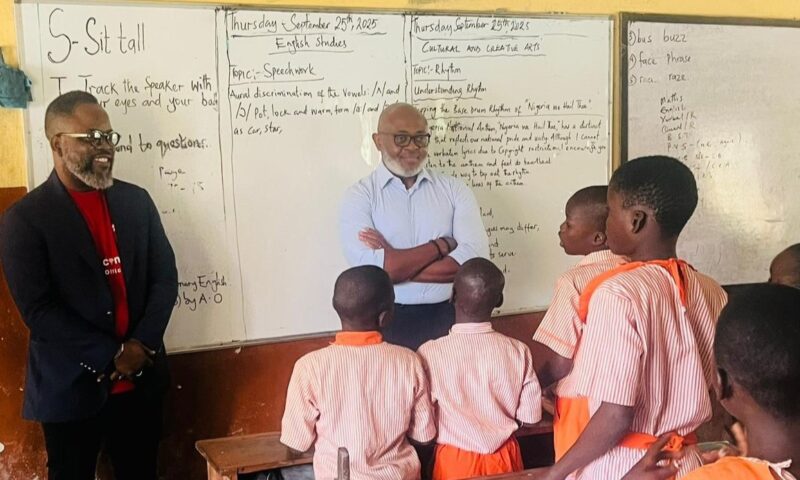
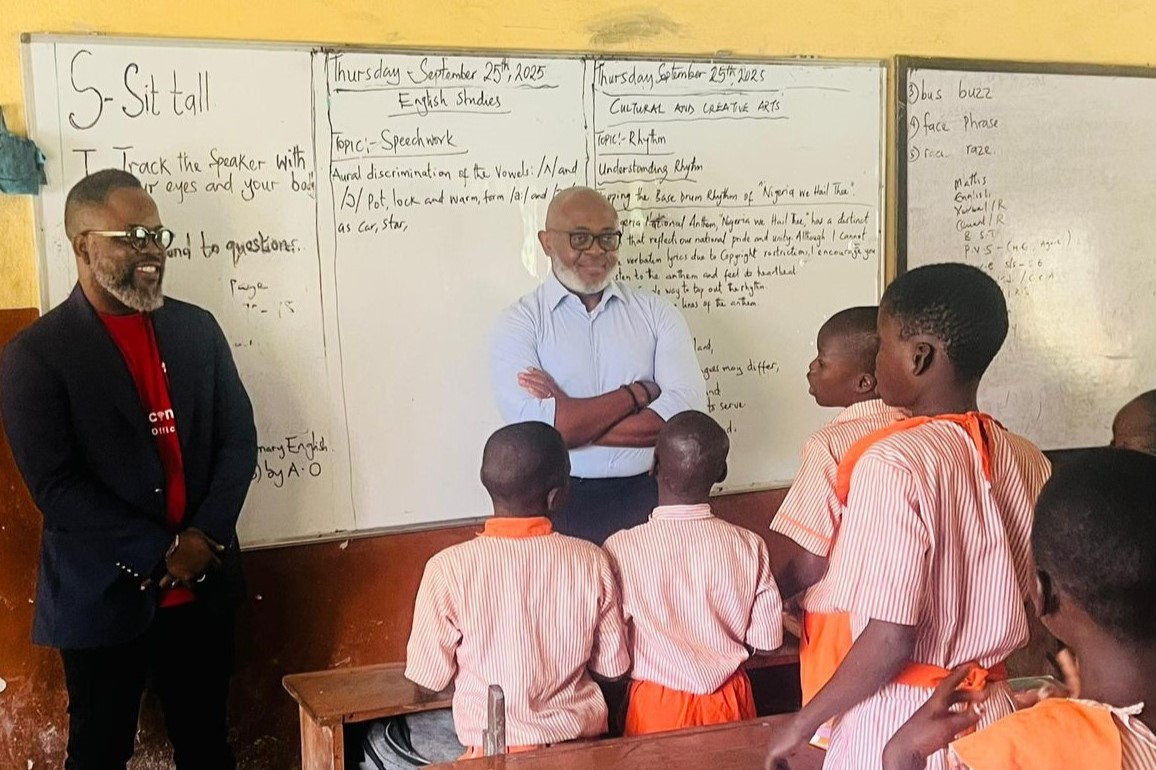 Fourteen years ago, as Head of Corporate Communications & CSR at Airtel Nigeria, my team and I visited the famous Tolu Complex in Ajegunle, Lagos – a cluster of over 20 public schools serving thousands of children in one of Nigeria’s most underserved communities.
Fourteen years ago, as Head of Corporate Communications & CSR at Airtel Nigeria, my team and I visited the famous Tolu Complex in Ajegunle, Lagos – a cluster of over 20 public schools serving thousands of children in one of Nigeria’s most underserved communities.